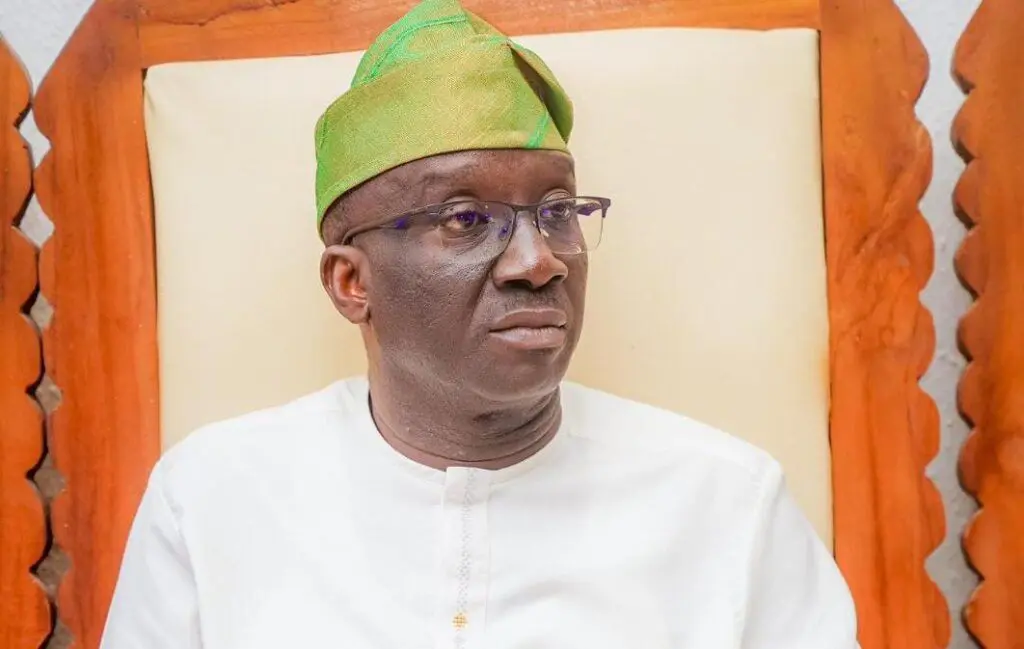African Development Bank President Warns Against Nigeria’s Food Importation Policy
The President of the African Development Bank Group, Dr. Akinwumi Adesina, has expressed concerns over Nigeria’s decision to allow massive food importation, warning that it could destroy the country’s agriculture sector. The policy, announced by Nigeria’s Minister for Agriculture Abubakar Kyari on July 10, suspends duties, tariffs, and taxes on the importation of maize, husked brown rice, wheat, and cowpeas through the country’s land and sea borders for 150 days.
Adesina, who spoke at a retreat of the Council of Anglican Provinces of Africa (CAPA) in Abuja, Nigeria, urged the government to prioritize local food production to stabilize food prices and create jobs. He emphasized that Nigeria cannot rely on food imports to achieve food security and must instead focus on producing its own food.
The African Development Bank president highlighted the importance of agriculture in Africa’s economic development, noting that the continent has 65 percent of the world’s uncultivated arable land and can feed 9.5 billion people by 2050. He also emphasized the need for visionary leaders who can drive transformational change in the agriculture sector.
Adesina briefed the Primates on the Bank’s $25 billion program to transform agriculture in Africa, which includes providing high-performing agricultural technologies to 40 million farmers and making the continent food self-sufficient by 2030. He also shared the Bank’s successes in helping member countries tackle the negative effects of climate change and supporting the development of Special Agro-Industrial Processing Zones (SAPZs) in 11 countries.
The African Development Bank president urged the Nigerian government to take advantage of the Bank’s investments and support for African farmers, and to show greater determination and commitment to achieving food self-sufficiency. He also called for greater cooperation between the Bank and the Anglican Church to address food insecurity and poverty in Africa.
The retreat, themed "Food security and financial sustainability in Africa: The role of the Church," brought together Anglican leaders from across the continent to discuss ways to address food insecurity and poverty in Africa. The event was attended by over 40 million Anglicans, representing more than 40 million people across the continent.



